Why is coronavirus more deadly for men than women?
Scientists begin female hormone trials to try and boost men’s odds against virus
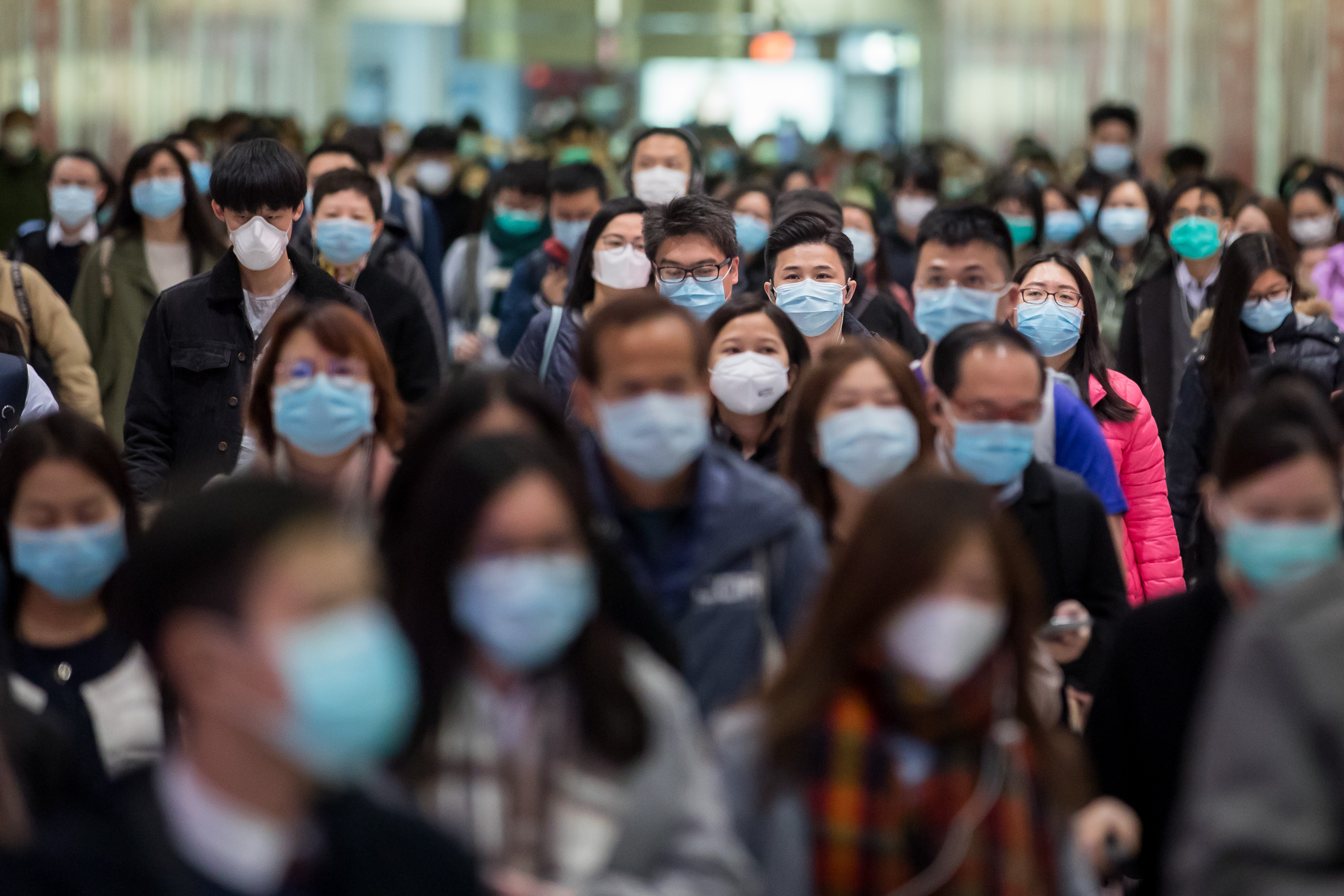
A free daily email with the biggest news stories of the day – and the best features from TheWeek.com
You are now subscribed
Your newsletter sign-up was successful
Scientists have begun exploring the use of female sex hormones as a treatment to boost men’s chances of surviving the coronavirus.
According to Office for National Statistics (ONS) figures released this month, men are twice as likely to die from Covid-19 than women in all older age groups.
The mortality rate for men who died due to coronavirus was 97.5 deaths per 100,000 population, while for women it was 46.6 deaths per 100,000, the ONS said. Including cases where Covid-19 was mentioned anywhere on the death certificate, the death rate for men was 113.1 per 100,000 for men and 54.1 per 100,000 for women.
The Week
Escape your echo chamber. Get the facts behind the news, plus analysis from multiple perspectives.

Sign up for The Week's Free Newsletters
From our morning news briefing to a weekly Good News Newsletter, get the best of The Week delivered directly to your inbox.
From our morning news briefing to a weekly Good News Newsletter, get the best of The Week delivered directly to your inbox.
In total in Britain, about 60% of Covid-19 patients admitted to hospital have been male, and once admitted, a woman is about 20% less likely to die. Three quarters of the hospital’s intensive care patients are men.
This pattern is consistent with data from around the world. Business Insider notes that as early as late February, several studies of people infected with coronavirus in China confirmed variously that men were more likely to be infected, and to die from it.
“Similar findings came in later studies in South Korea and Italy, and by April 12 the pattern was repeated in data from more than 20 countries,” the site adds.
Why are men more at risk?
A free daily email with the biggest news stories of the day – and the best features from TheWeek.com
Speaking to The Daily Telegraph, Paul Hunter, professor of medicine at the University of East Anglia, said: “Women seem to have more powerful immune systems, which means they suffer more from autoimmune disease like rheumatoid arthritis, when the immune system responds over-aggressively and ends up attacking the body.”
Hunter added: “This happens in men far less frequently, but it appears to be a good thing for a number of infections and particularly influenza, and there is evidence women produce better antibody responses to the influenza vaccine than men.”
CNN reports that across the countries for which it has data - spanning nearly a quarter of the world’s population - it found that men were 50% more likely than women to die after being diagnosed with Covid-19.
“While necessarily partial and incomplete, the results highlight what public health experts have been warning for some time, theorising that it is not only biology but also gendered behaviors... which may play a significant role in the different mortality rate for respiratory diseases,” the broadcaster reports.
Smoking and drinking have been suggested as an early explanation behind the gender disparity, with The New England Journal of Medicine noting that nearly 50% of men in China smoking compared to only about 2% of women.
“Probably not coincidentally”, reports The Independent, men in China, Italy and South Korea which have seen the highest number of Covid-19 deaths, “also tend to die more frequently from heart disease, cancer, diabetes and respiratory diseases between ages 30 and 70”.
“Behavioural factors that differ across genders may also have a role”, says The Guardian, saying studies have shown that men are less likely to wash their hands, less likely to use soap, less likely to seek medical care and more likely to ignore public health advice.
“These are sweeping generalisations, but across a population could place men at greater risk,” the paper adds.
What can be done?
The Times reports that two groups of scientists in the United States are now looking at whether sex hormones might boost men's chances.
Sharon Nachman, who is leading one trial at the Renaissance School of Medicine at Stony Brook University, Long Island, told the paper: “It’s rare to see a disease with this incredible predilection for men.”
Her team will oversee around 100 subjects, either men over the age of 18 or women over 55, who will trial a patch containing the hormone attached to their skin for a week.
Another trial at the Cedars-Sinai hospital in Los Angeles will involve patients being given the hormone progesterone, which has anti-inflammatory properties.
Preliminary results are expected within a few months.
–––––––––––––––––––––––––––––––For a round-up of the most important stories from around the world - and a concise, refreshing and balanced take on the week’s news agenda - try The Week magazine. Start your trial subscription today –––––––––––––––––––––––––––––––
-
 Why is the Trump administration talking about ‘Western civilization’?
Why is the Trump administration talking about ‘Western civilization’?Talking Points Rubio says Europe, US bonded by religion and ancestry
-
 Quentin Deranque: a student’s death energizes the French far right
Quentin Deranque: a student’s death energizes the French far rightIN THE SPOTLIGHT Reactions to the violent killing of an ultraconservative activist offer a glimpse at the culture wars roiling France ahead of next year’s elections
-
 Secured vs. unsecured loans: how do they differ and which is better?
Secured vs. unsecured loans: how do they differ and which is better?the explainer They are distinguished by the level of risk and the inclusion of collateral
-
 The new Stratus Covid strain – and why it’s on the rise
The new Stratus Covid strain – and why it’s on the riseThe Explainer ‘No evidence’ new variant is more dangerous or that vaccines won’t work against it, say UK health experts
-
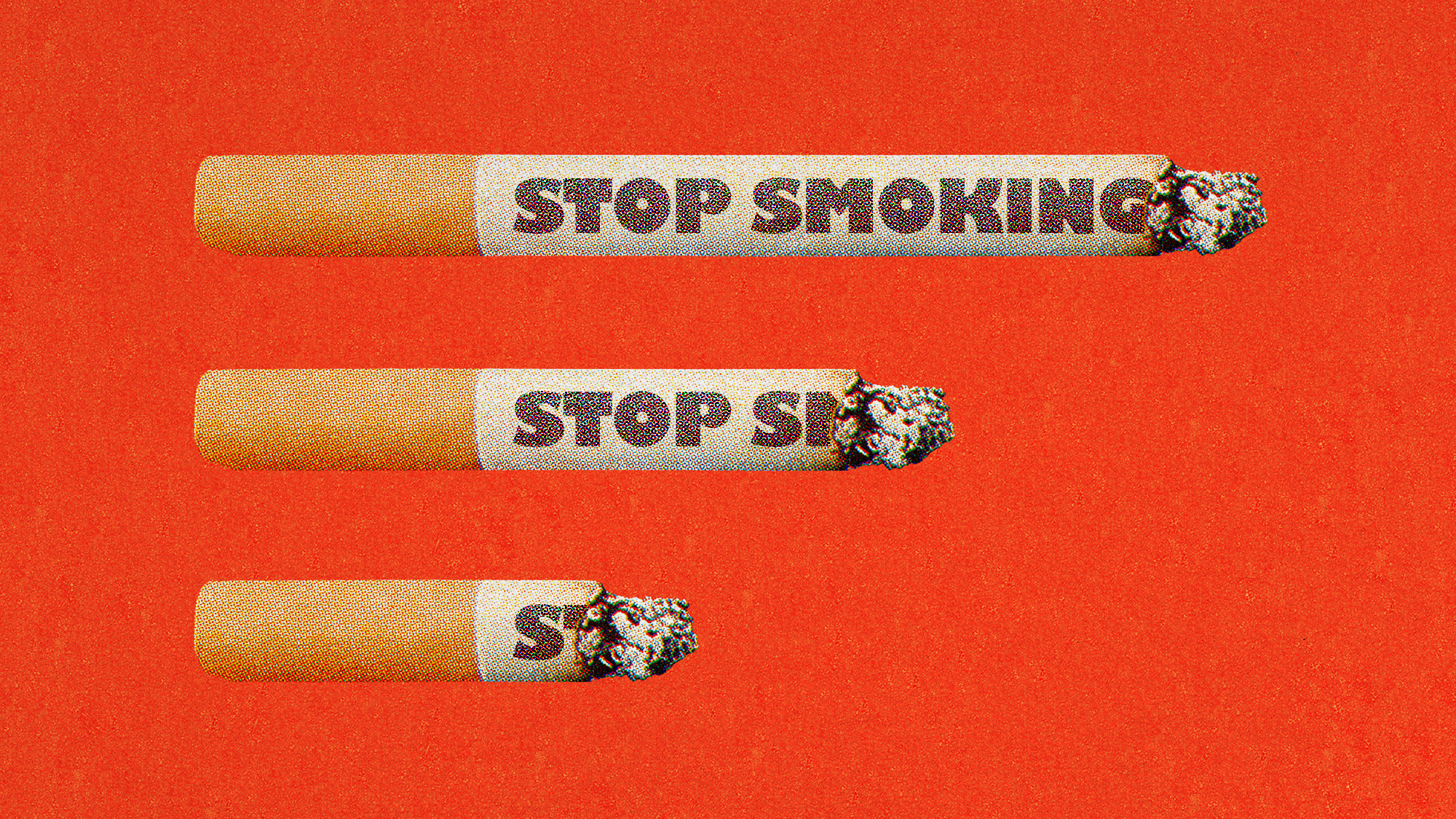 Quit-smoking ads are being put out
Quit-smoking ads are being put outUnder the radar The dissolution of a government-funded campaign could lead to more smokers in the future
-
 China's soaring dementia rates
China's soaring dementia ratesUnder The Radar Government launches action plan after cases in China increase 50% faster than global average
-
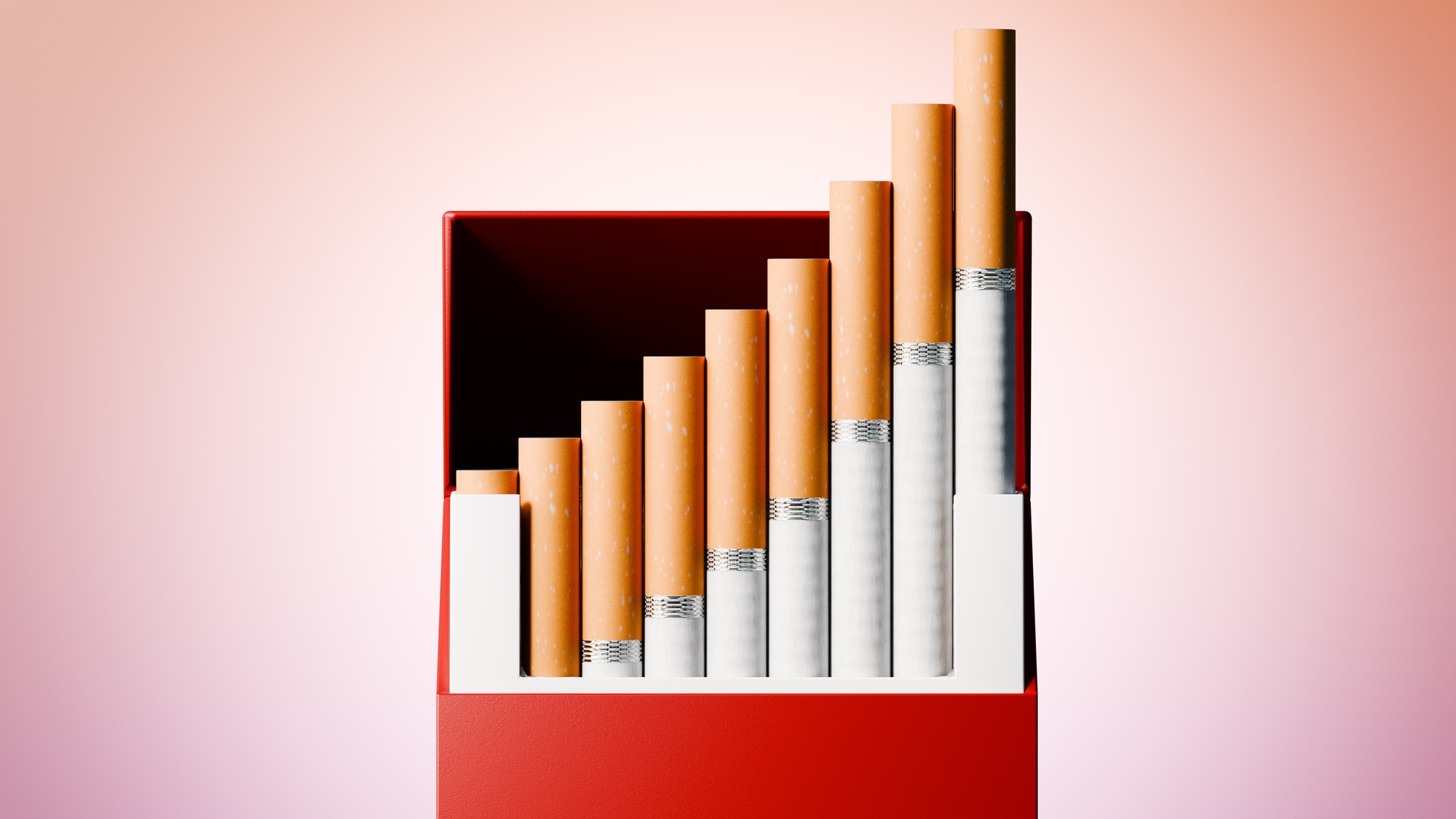 The tobacco industry could be the beneficiary of health agency cuts
The tobacco industry could be the beneficiary of health agency cutsThe explainer Anti-tobacco initiatives may go up in smoke
-
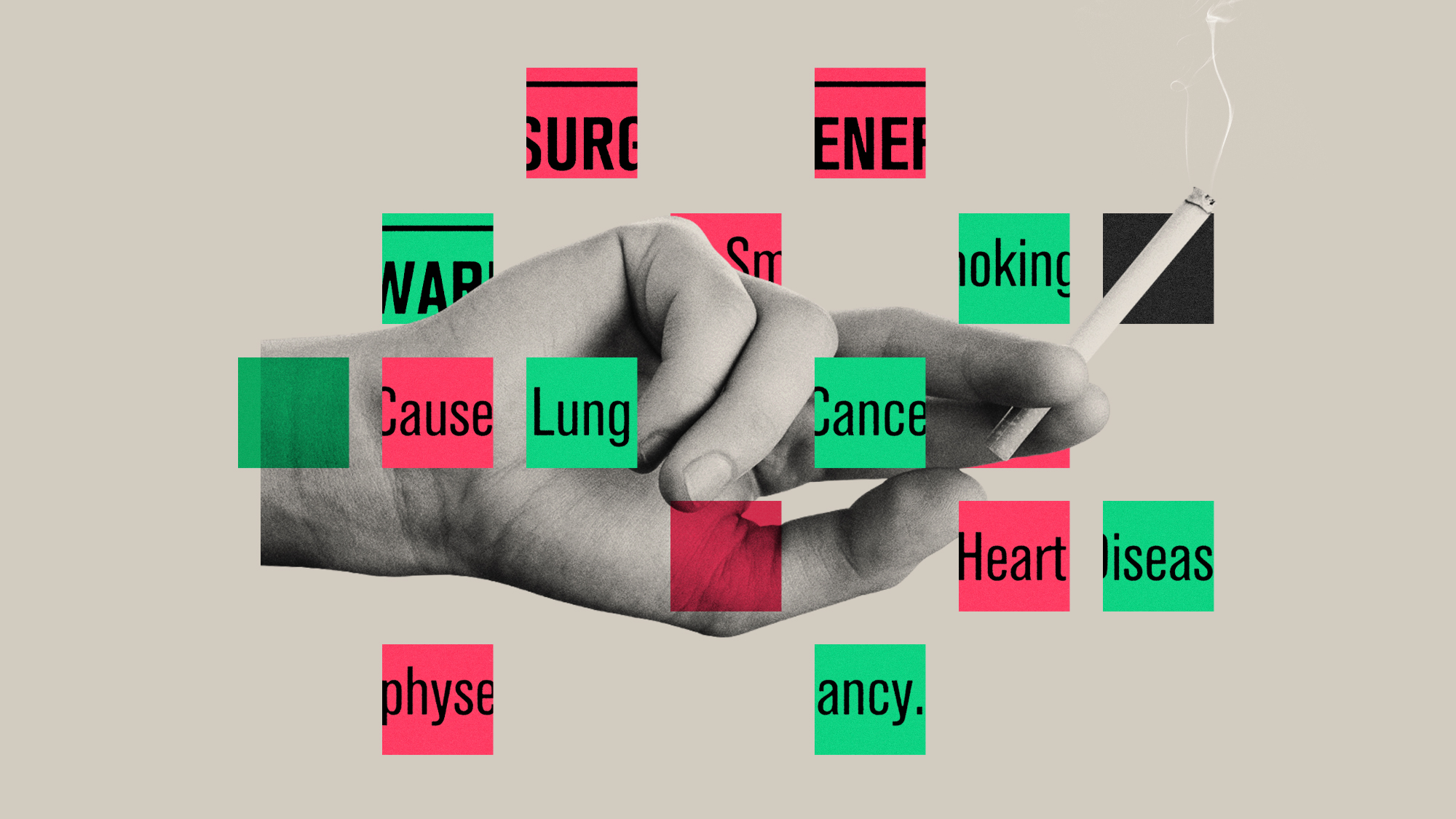 Is this the end of cigarettes?
Is this the end of cigarettes?Today's Big Question An FDA rule targets nicotine addiction
-
 The complicated problem of banning menthol cigarettes
The complicated problem of banning menthol cigarettesThe Explainer Banning menthol smokes will save lives, public health officials say. But this is an election year.
-
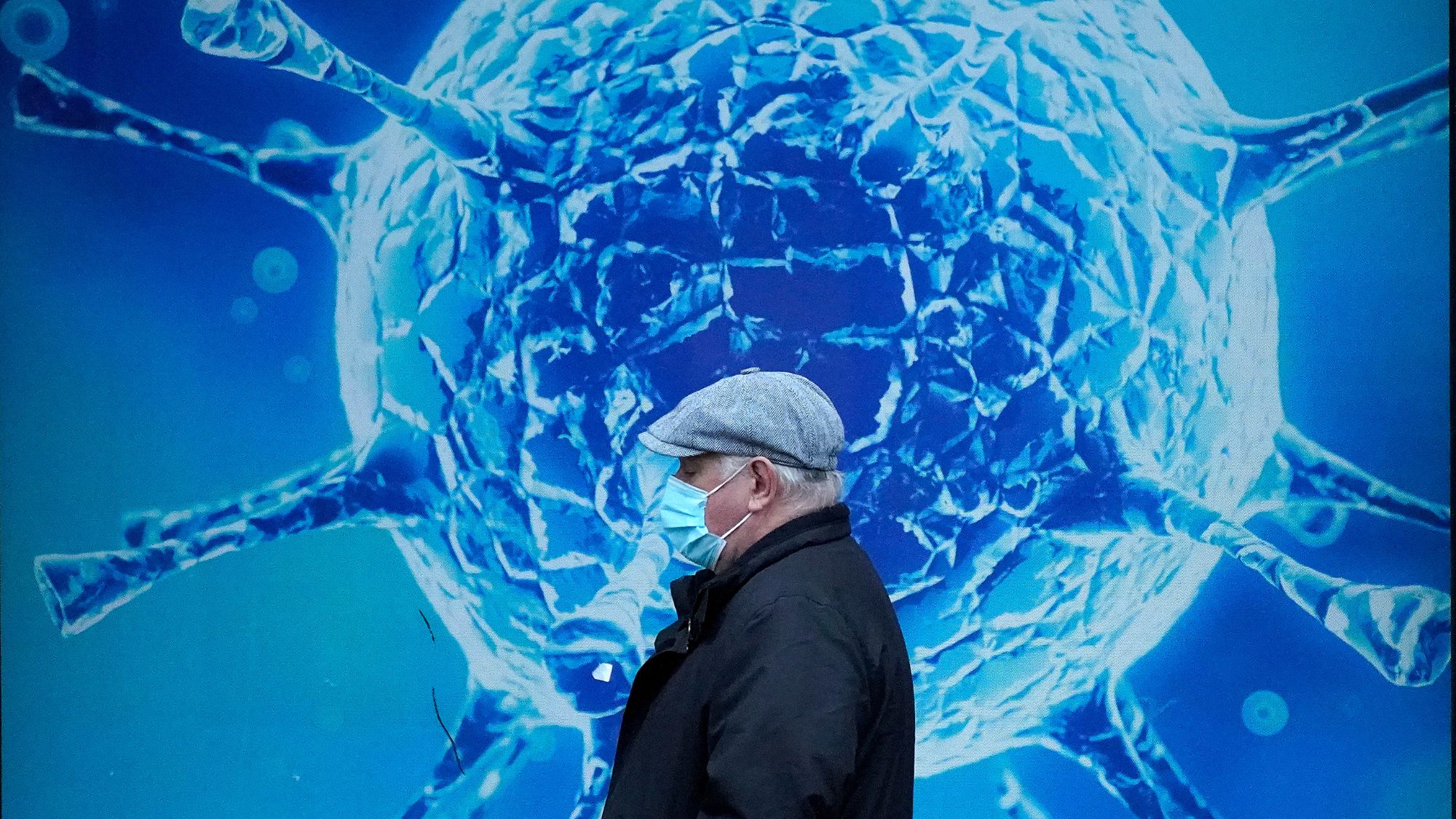 Covid-19: what to know about UK's new Juno and Pirola variants
Covid-19: what to know about UK's new Juno and Pirola variantsin depth Rapidly spreading new JN.1 strain is 'yet another reminder that the pandemic is far from over'
-
 Vallance diaries: Boris Johnson 'bamboozled' by Covid science
Vallance diaries: Boris Johnson 'bamboozled' by Covid scienceSpeed Read Then PM struggled to get his head around key terms and stats, chief scientific advisor claims